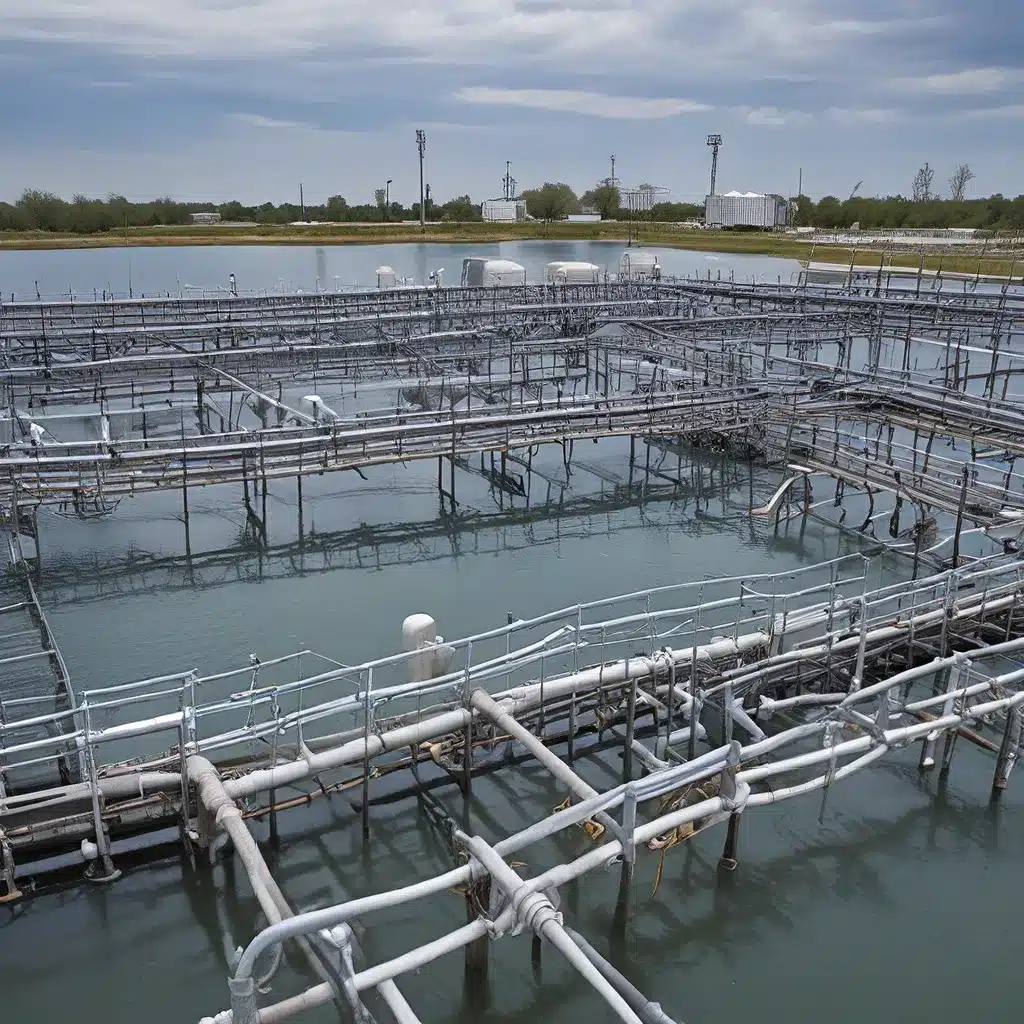
Water treatment facilities play a critical role in ensuring safe, clean water for our communities. But did you know that these facilities can also benefit greatly from the latest advancements in process control and automation? As someone who’s passionate about environmental sustainability, I can’t help but get excited about the transformative potential of these technologies.
Embracing the Power of Data-Driven Insights
Let’s start by acknowledging the sheer volume of data that water treatment plants generate every day. We’re talking about real-time measurements of water quality, flow rates, chemical dosage, energy consumption, and a whole host of other parameters. Historically, much of this data has been siloed and underutilized. But thanks to the rise of industrial energy management software and smart water applications, water treatment facilities can now unlock the power of data-driven insights.
Imagine being able to spot emerging trends, predict equipment failures, and optimize chemical dosing – all in real-time. That’s the kind of transformative potential we’re talking about. By integrating advanced analytics and artificial intelligence, water treatment operators can make faster, more informed decisions that drive efficiency, reduce costs, and minimize environmental impact.
Automating the Mundane, Empowering the Crucial
One of the biggest opportunities in water treatment lies in automating the more routine, repetitive tasks. I’m talking about things like adjusting chemical feed rates, monitoring filter backwash cycles, and managing sludge dewatering schedules. These are all critically important functions, but they don’t necessarily require a human operator’s constant attention.
By leveraging distributed control systems (DCS) and advanced automation technologies, water treatment facilities can automate these repetitive tasks with unprecedented precision and reliability. This not only frees up operators to focus on higher-level, strategic decision-making, but it also helps eliminate human error and ensures consistent, optimized performance.
But the real magic happens when you combine automated process control with real-time data analytics. Imagine a system that can automatically adjust chemical dosages based on changing influent conditions, or one that can predict an upcoming equipment failure and trigger a preventative maintenance workflow. That’s the kind of cutting-edge innovation that’s transforming the water treatment industry.
Adapting to Evolving Challenges
Of course, water treatment facilities face a constantly evolving landscape of challenges, from shifting regulatory requirements to the impacts of climate change. But by embracing the power of data, automation, and innovative process control, these facilities can become more agile, resilient, and responsive.
Take the issue of water quality, for example. As communities grapple with emerging contaminants like PFAS, nitrates, and microplastics, water treatment operators need to be able to rapidly adjust their processes to ensure compliance and public health. Advanced DCS and SCADA systems can help by providing real-time monitoring, automated adjustments, and predictive maintenance capabilities.
Similarly, as water scarcity becomes a growing concern in many regions, water treatment facilities can leverage smart automation to maximize efficiency and minimize water waste. Innovative process control and energy management solutions can help optimize everything from chemical usage to energy consumption, ensuring that every drop of water is treated and utilized as efficiently as possible.
Unlocking the Potential of the Circular Economy
One of the most exciting aspects of advancements in water treatment automation is the potential to support the transition to a more circular economy. By maximizing resource recovery and minimizing waste, water treatment facilities can play a vital role in closing the loop and creating a more sustainable, regenerative system.
Waste management and recycling solutions integrated with advanced process control can help water treatment plants recover valuable resources like nutrients, minerals, and even energy from the waste stream. This not only reduces the environmental impact of water treatment but also creates new revenue streams and opportunities for collaboration with other industries.
It’s an exciting time to be involved in the water treatment industry. As Inland Waters Inc. continues to push the boundaries of what’s possible, I can’t help but feel a sense of optimism about the future. By embracing the power of data, automation, and innovative process control, we can truly revolutionize the way we manage our most precious natural resource.
So, what are you waiting for? Let’s dive in and start optimizing water treatment efficiency like never before!


